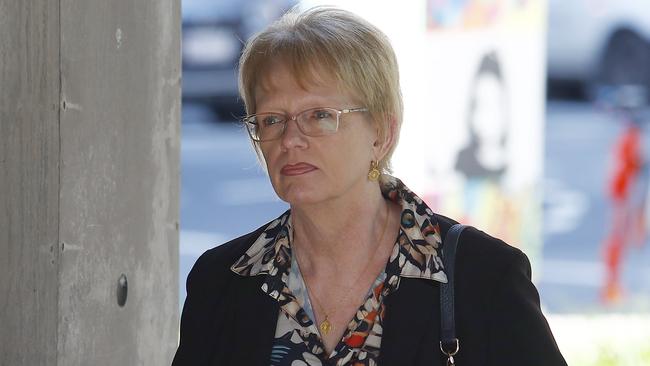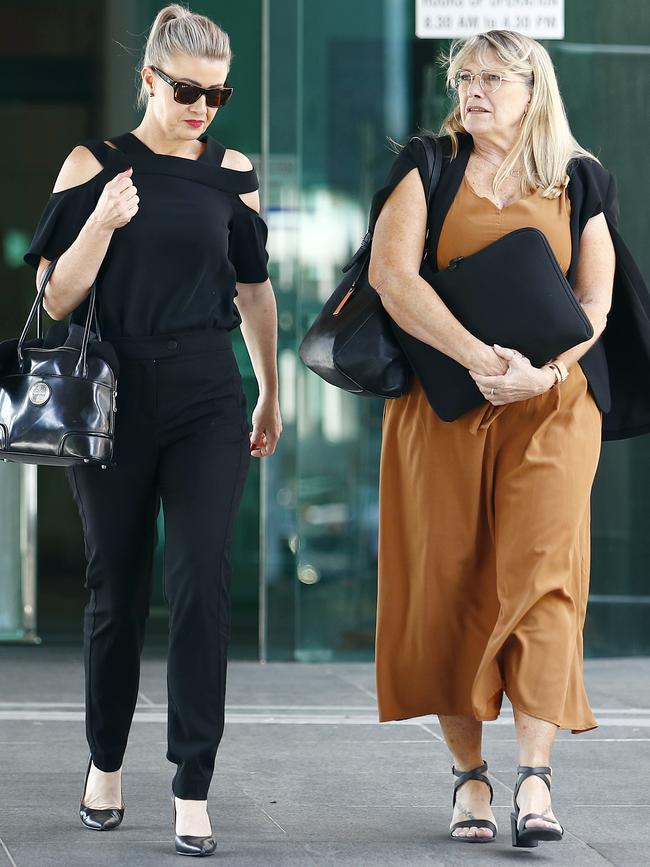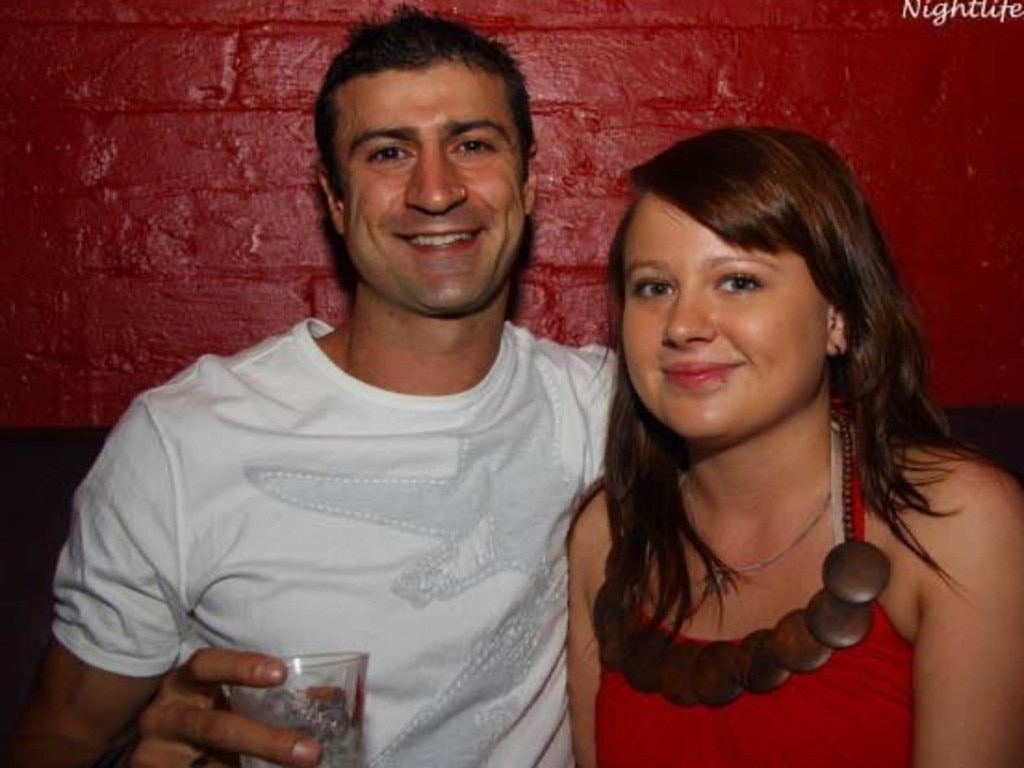Warnings about DNA lab not followed up
The head of forensic services in Queensland was warned in her first month on the job about problems in the DNA laboratory.

The head of forensic services in Queensland was warned in her first month on the job that there were problems with scientific processes in the health department’s DNA laboratory but did not follow up on what they were.
Lara Keller, acting executive director of Forensic and Scientific Services in Queensland Health, was questioned at the DNA inquiry on Monday about her delay in acting on concerns of whistleblowing scientists and “high priority” concerns from police.
Ms Keller was warned by one of the lab’s top scientists last October that there were ongoing scientific issues, but did not investigate what they were.
“In 2017 a staff member left because of bullying issues,” scientist Ingrid Moeller wrote in an October 28 email to Ms Keller, shown to the inquiry. “She was attempting to bring to light a significant issue with sperm detection on alleged sexual assault samples … Problems with process and procedures are ongoing.”
Counsel assisting the inquiry, Michael Hodge, asked Ms Keller if this email prompted her to investigate the concerns.

Ms Keller replied: “That is a very vague statement, so no. That doesn’t have much detail, or any detail really.”
Commissioner Walter Sofronoff, overseeing the inquiry, then intervened to question Ms Keller directly. “But the issue is you have just arrived and one of the scientists tells you that problems with process and procedures are ongoing and she’s speaking as somebody who’s engaged in the provision of evidence in criminal trials,” Mr Sofronoff said.
Ms Keller said in hindsight, she should have investigated Dr Moeller’s concerns and she was “not going to sit here and make excuses for the workload et cetera, et cetera”.
The public inquiry is investigating an unusually high threshold for testing DNA that resulted in thousands of crime-scene samples going ignored for almost five years and was called following months of revelations by forensic expert Kirsty Wright in The Australian’s podcast series Shandee’s Story.
One month after Dr Moeller internally warned of problems with scientific processes, Dr Wright called separately and publicly for the lab to cease testing immediately, believing issues with the DNA profiling process had “the potential to be the biggest forensic disaster in Australian’s history”.
Dr Wright’s revelations were not investigated by Queensland Health, but prompted police to immediately begin questioning results coming out of the lab.
In mid-December Ms Keller was copied into an email chain between Inspector David Neville, manager of the Queensland Police Service DNA unit, and managing scientist Cathie Allen.
Inspector Neville was questioning previous advice from Ms Allen and her deputy Justin Howes about the success rate of finding new evidence when testing samples below the threshold, which was a matter of “high priority” for police.
Ms Keller, who has a bachelors degree in medical laboratory science but no qualifications in DNA profiling, said she failed to grasp police concerns and did not brief Inspector Neville’s issues to her superiors until mid-March.
Ms Allen had assured Inspector Neville on December 16 that the lab would “review scientific data available”. Two months later, on February 21, Inspector Neville emailed again, pressing for the outcome of the data review and insisting the matter was urgent.
Ms Allen replied advising: “slow progress had been made” because of Covid-19 transmission but the lab had requested a quote for the data analysis. But the inquiry heard Ms Allen asked for the quote only on February 18, the day after Dr Wright revealed in The Australian that killers and rapists were better off in Queensland because of the very high testing threshold.
Earlier evidence highlighted efforts by Ms Keller and Queensland Health executive Keith McNeil to try to hose down concerns and avoid an external review, despite serious concerns raised in Shandee’s Story.
Ms Keller rejected that evidence and told the inquiry she thought an independent review was necessary, but could not specifically recall who she communicated that belief to, or when.
Health Minister Yvette D’Ath, who in February insisted police had not raised concerns about systemic problems at the lab, was not briefed about DNA bungles until March.
Police Minister Mark Ryan initially said he was not formally briefed until June 6, the day his government announced a $6m commission of inquiry into forensic DNA testing. He later clarified that police had provided information to him since November, but that it failed to “raise the seriousness of these matters”.
“I’ve expressed my disappointment around that, it’s disappointing that information wasn’t briefed up,” Mr Ryan said on Monday. “




